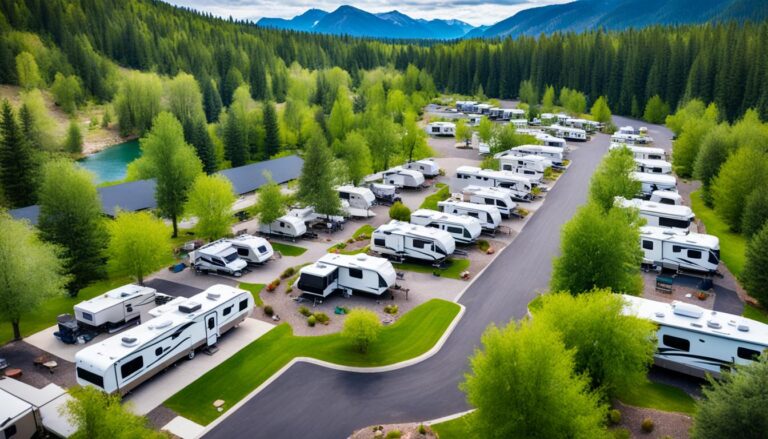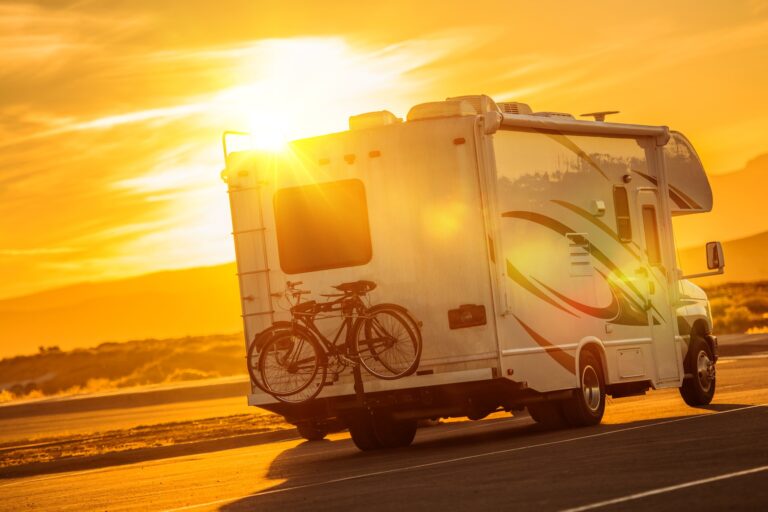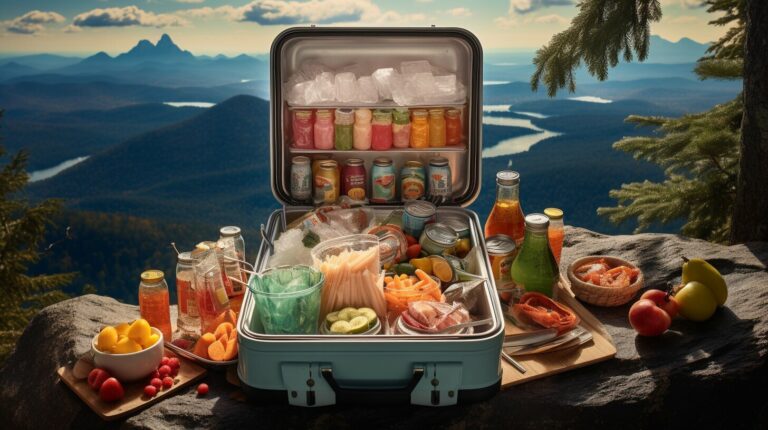Embracing the RV lifestyle can be an incredible way to explore new places, create lasting memories, and enjoy the freedom of the open road. However, it’s essential to understand the real costs associated with RV ownership to establish a realistic budget and avoid financial surprises. This comprehensive guide will help you calculate the expenses involved in owning and maintaining an RV, allowing you to plan and enjoy your adventures with financial confidence.
Initial Costs: Purchasing Your RV
The first step in budgeting for your RV lifestyle is understanding the initial costs associated with purchasing an RV. These expenses will vary depending on the type, age, and condition of the RV you choose. Here are some factors to consider when calculating your initial costs:
- Purchase price: The cost of the RV itself will likely be your most significant expense. Research the market to understand the price range for the type of RV you’re interested in and establish a budget accordingly.
- Financing: If you plan to finance your RV purchase, consider the interest rates and loan terms available. Keep in mind that interest rates may be higher for used RVs, and loan terms may be shorter.
- Sales tax and registration fees: Be prepared to pay sales tax and registration fees based on your state’s requirements and the type of RV you purchase.
- Inspection and maintenance: Before hitting the road, it’s essential to have your RV inspected and address any necessary maintenance or repairs. Factor in these costs when establishing your initial budget.
- Insurance: RV insurance is crucial to protect your investment. Research different insurance providers and policies to find the best coverage for your needs and budget.
Ongoing Costs: Maintaining and Operating Your RV
Once you’ve calculated the initial costs of purchasing your RV, it’s time to consider the ongoing expenses associated with maintaining and operating your home on wheels. These costs can vary widely depending on factors such as travel frequency, RV type, and personal preferences. Here are some key categories to consider when budgeting for your RV lifestyle:
- Fuel: One of the most significant ongoing costs of RV ownership is fuel. To estimate your fuel expenses, consider factors such as your RV’s fuel efficiency, the distance you plan to travel, and current fuel prices. Remember to factor in the fuel consumption of your tow vehicle if you have a towable RV.
- Maintenance and repairs: Regular maintenance is essential for keeping your RV in good working order. Budget for routine tasks such as oil changes, tire rotations, and brake inspections, as well as any unexpected repairs that may arise.
- Campground fees: Campground fees can vary widely depending on the location, amenities, and time of year. Research campgrounds in your travel destinations to get an idea of the costs you’ll encounter and consider alternative options such as boondocking or staying in less expensive campgrounds to save money.
- Utilities and propane: If you plan to stay in campgrounds with hookups, you’ll need to budget for utilities such as electricity, water, and sewer. Additionally, you’ll need to account for propane expenses to power your RV’s appliances, heating, and hot water.
- Internet and communication: Staying connected while on the road may require investing in a mobile hotspot, data plan, or satellite internet service. Research the best options for your needs and budget, and factor in these costs when planning your RV lifestyle expenses.
- Food and groceries: While food expenses will vary depending on your eating habits, it’s essential to budget for groceries and dining out while on the road. Consider meal planning and cooking in your RV to save money on dining expenses.
- Entertainment and activities: Part of the joy of RVing is exploring new destinations and participating in activities along the way. Budget for entrance fees, guided tours, and other experiences you plan to enjoy during your travels.
- Health insurance and medical expenses: Don’t forget to factor in the cost of health insurance and any medical expenses you may incur while on the road. Research your options and choose a plan that meets your needs and budget.
Saving Money and Maximizing Your RV Budget
Now that you have a comprehensive understanding of the costs associated with RV ownership, it’s essential to look for ways to save money and maximize your budget. Here are some tips to help you get the most out of your RV lifestyle without breaking the bank:
- Buy used: Purchasing a used RV can save you a significant amount of money upfront. Be sure to have the RV inspected and factor in any necessary repairs or upgrades when determining the overall cost.
- Shop around for insurance: Compare insurance rates from multiple providers to find the best coverage at the lowest price.
- Join RV clubs and organizations: Many RV clubs and organizations offer discounts on campgrounds, fuel, and other travel expenses. Research the available clubs and choose one that aligns with your travel preferences and budget.
- Plan your travel itinerary wisely: Optimize your route to minimize fuel consumption and take advantage of free or low-cost campgrounds and attractions along the way.
- Maintain your RV: Regular maintenance can help prevent costly repairs and extend the life of your RV. Develop a maintenance schedule and stick to it to keep your RV running smoothly.
Planning for the Unexpected: Building an Emergency Fund
No matter how carefully you plan your RV budget, it’s essential to be prepared for unexpected expenses. Building an emergency fund can provide a financial safety net in case of emergencies such as major repairs, medical issues, or other unforeseen costs. Consider setting aside a portion of your income or savings specifically for emergencies to provide peace of mind as you embark on your RV adventures.
Final Thoughts
Budgeting for your RV lifestyle is a crucial step in ensuring that you can enjoy your travels without financial stress. By understanding the real costs of RV ownership and planning for both ongoing expenses and unexpected situations, you can confidently embrace the freedom and adventure of the open road.
In summary, when budgeting for your RV lifestyle, consider the following key points:
- Calculate initial costs, including the purchase price, financing, sales tax, registration fees, inspection, maintenance, and insurance.
- Estimate ongoing costs such as fuel, maintenance, repairs, campground fees, utilities, propane, internet and communication, food and groceries, entertainment and activities, and health insurance and medical expenses.
- Look for ways to save money and maximize your budget, such as buying a used RV, shopping around for insurance, joining RV clubs and organizations, planning your travel itinerary wisely, and maintaining your RV.
- Plan for the unexpected by building an emergency fund to cover unforeseen expenses.
- Regularly review and adjust your budget as needed to ensure you’re staying on track financially and enjoying your RV lifestyle to the fullest.
By keeping these tips in mind and creating a comprehensive budget, you’ll be well on your way to enjoying the RV lifestyle with financial confidence and peace of mind.






